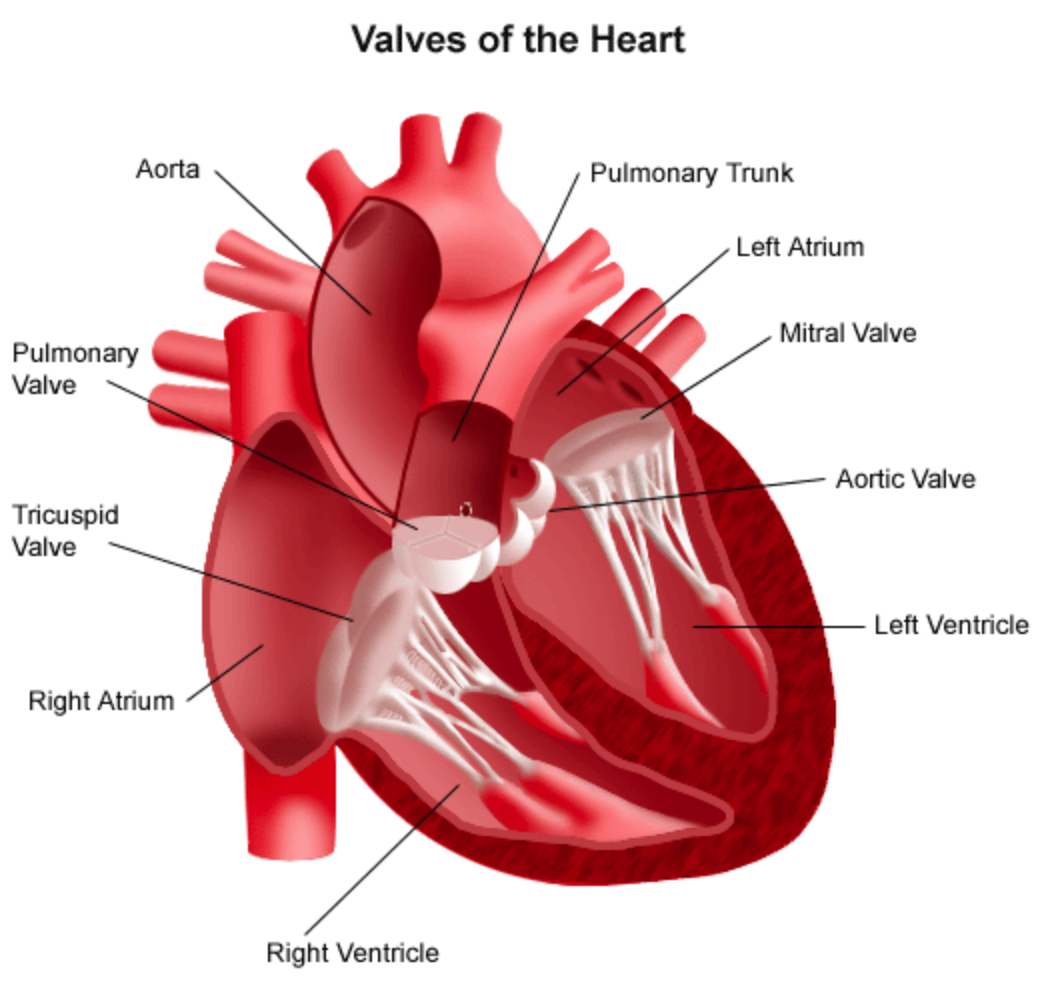Aortic Valve Repair and Replacement
525 East 68th Street, M-404
New York, NY 10065
56-45 Main Street, 3S – Room 387
Flushing, NY 11355
263 7th Avenue, Suite 4H
Brooklyn, NY 11215
Heart valve disorders
Heart valves are flaps of tissue that ensure that blood entering or leaving the heart moves in the right direction, with no backflow. The aortic valve is the main heart valve that controls blood flow between the heart and the rest of the body.

A heart valve can become dysfunctional in two ways: stenosis or insufficiency.
Valve stenosis is due to the inability of the heart valve to open properly. As this tightening of the heart valve becomes increasingly severe, it prevents the heart from being able to pump enough blood through the valve.
This condition can occur in the aortic valve; this is called aortic stenosis.
Valve insufficiency, or regurgitation, is due to ineffective closure of the valve that leads to blood being pumped backwards instead of forward.
Aortic insufficiency is often caused by degeneration of the aortic valve tissue or damage to the valve from other causes. Patients with aortic aneurysms may have excessive stretching of the valve, which causes insufficiency.
Â鶹´«Ă˝¸ßÇĺ°ć surgical expertise
At Â鶹´«Ă˝¸ßÇĺ°ć, our cardiothoracic surgeons have exceptional experience and expertise in the surgical techniques for repairing and replacing aortic valves.
Minimally invasive aortic valve replacement: Our surgeons are experiences and successful in performing traditional, open-heart surgery to replace aortic valves. Our team has also led the development of less invasive techniques, including percutaneous transcatheter valve replacement technology (TAVR and TMVR). Our team plays a leading role in assessing the latest percutaneous mitral and aortic valve replacement approaches, giving us more experience than most centers in these emerging new techniques.
We have achieved superior outcomes using these innovative approaches, which make valve replacement possible for many patients who otherwise would not be good candidates for conventional heart surgery.
Our physicians participated as investigators in two pivotal clinical trials, which established the effectiveness of percutaneous (transcatheter) valve surgery:
1. The PARTNER Trial, which in 2011 demonstrated that transcatheter aortic valve implantation (TAVI) was as effective as conventional open-heart surgery for reducing mortality among high-risk patients with aortic stenosis. In 2010, PARTNER Trial investigators reported that patients who were not candidates for surgery fared much better with TAVI than patients who were treated medically. Currently, our team is conducting a new trial assessing the safety and efficacy of the SAPIEN 3 transcatheter heart valve in low-risk patients.
2. The EVEREST II trial, which evaluated the percutaneous implantation of a clip that grasps and approximates the edges of the mitral valve leaflets. The percutaneous approach was associated with superior safety and similar improvements in clinical outcomes compared with conventional surgery.
Our patients benefit from:
â—Ź Our record of excellent outcomes—among the best in the nation
â—Ź Our surgical team works with each patient to develop an individualized, comprehensive treatment plan
â—Ź Access to world-class imaging technology for the most accurate diagnosis possible
â—Ź Collaboration with other specialists (such as cardiologists and anesthesiologists) to provide seamless, high-quality care
â—Ź The research being conducted at Â鶹´«Ă˝¸ßÇĺ°ć that is improving treatment techniques and care throughout the world









